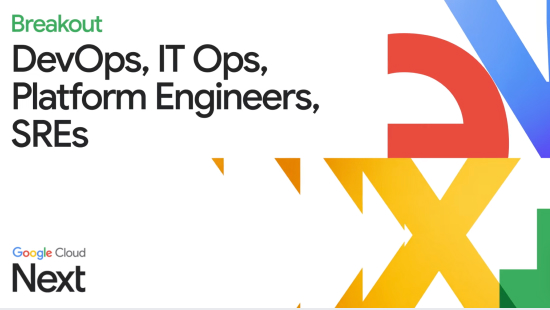Cloud Service Mesh
The fully managed service mesh based on Envoy and Istio.
Take a services-first approach
Unify your service mesh across your app platforms: from VMs to containers to serverless
Unburden your operations and development teams with a fully managed service
Leverage leading open source projects like Istio and Envoy
Benefits
Fully managed, full stop
Fully managed, full stop
As a fully managed offering, Cloud Service Mesh takes all the guesswork and effort out of procuring and managing your service mesh solution. You focus on developing great apps; let us worry about your mesh.
Hybrid and multicloud
Hybrid and multicloud
Cloud Service Mesh gives you the flexibility to support your workloads in Google Cloud, other public clouds, and on-prem deployments.
Modernize at your pace
Modernize at your pace
Cloud Service Mesh works for VM-based (Compute Engine) and containerized applications (Cloud Run, Google Kubernetes Engine, or self-managed Kubernetes) and can be incrementally introduced for your services.
Key features
Toil-free, secure service networking and traffic management
Managed by Google
Cloud Service Mesh is a Google-managed service: if there is a problem, our operators get paged, not yours. You don't have to worry about deploying and managing the control plane, which means your people can focus on your business.
Sophisticated traffic management made easy
With Cloud Service Mesh, you can control traffic flows and API calls between services while also gaining visibility into your traffic. This makes calls more reliable and your network more robust, even in adverse conditions, while enabling you to catch issues before they become problems.
Security simplified
Securing your service mesh can feel daunting. Cloud Service Mesh helps you embrace a zero-trust security model by giving you the tools to automatically and declaratively secure your services and their communication. You can manage authentication, authorization, and encryption between services with a diverse set of features—all with little or no changes to the applications themselves.
Fault injection tools
Even with robust failure-recovery features, it’s critical to test your mesh’s resilience. That’s where fault injection comes in. You can easily configure delay and abort faults to be injected into requests that match certain conditions, and even restrict the percentage of requests that should be subjected to faults.
Flexible authorization
Decide who has access to what services in your mesh with easy-to-use role-based access control (RBAC). You specify the permissions, then grant access to them at the level you choose, from namespace all the way down to users.
What's new
Sign up for Google Cloud newsletters to receive product updates, event information, special offers, and more.
Documentation
Find documentation and resources for Cloud Service Mesh
Take the next step
Start building on Google Cloud with $300 in free credits and 20+ always free products.
Need help getting started?
Contact salesWork with a trusted partner
Find a partnerContinue browsing
See all products















